Henryk Sienkiewicz
Birth : 1846-05-05, Wola Okrzejska, Poland, Russian Empire [now Wola Okrzejska, Lubelskie, Poland]
Death : 1916-11-15
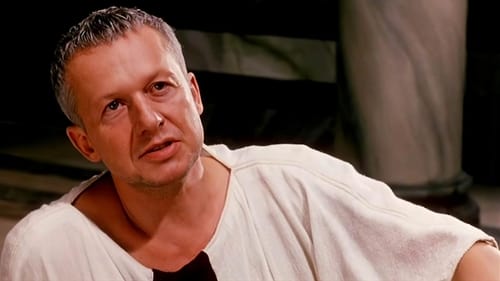
Novel
Ancient Rome, during the time of Emperor Nero. Vinicius, a young patrician, falls in love with the beautiful Lygia, the daughter of a Barbarian commander who was killed in battle, and wants her for his concubine. For Lygia, a Christian, being a pagan's concubine is a severe sin and disgrace. However, when Vinicius is wounded, Lygia cares for him, and starts to reciprocate his feelings. Vinicius, in return, becomes interested in Christian learning and asks Apostle Peter to teach him. In the meantime, Emperor Nero accuses Christians of having started a great fire in Rome. He encourages the imprisonment, torture and murder of his Christian subjects.
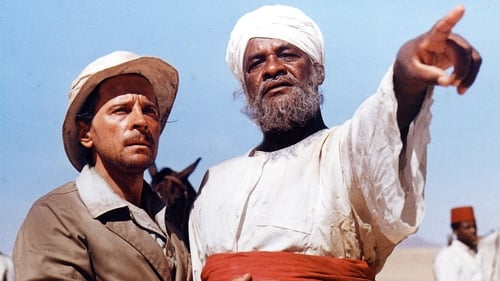
Writer
In Desert and Wilderness is a 2001 Polish film directed by Gavin Hood. Adapted from the 1911 novel In Desert and Wilderness by Henryk Sienkiewicz, it tells the story of two kids, Staś Tarkowski and Nel Rawlison, kidnapped by the rebels during Mahdi's rebellion in Sudan.

Writer
A Polish soldier settles on a small island, where he operates a lighthouse. Absorbed by reading, he does not fulfill his duties.
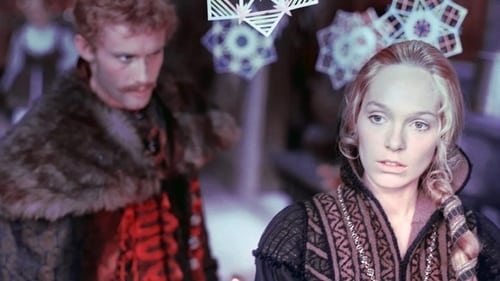
Novel
During the Swedish invasion of Poland, the brave warrior Andrzej Kmicic, considered a traitor to the nation, fights for a country, redemption and love across the 17th-century Polish territories.
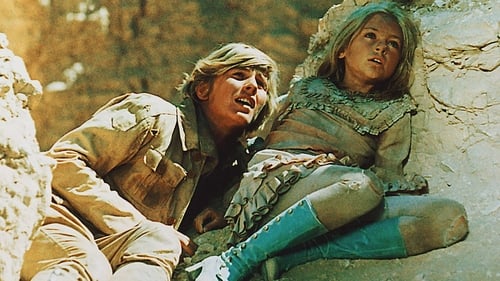
Writer
Fourteen year old Polish boy Stas Tarkowski and eight year old Nel Rawlison from England are kidnapped as the hostages by Arabic fanatics and taken to their religion leader. Then they manage to escape and try to return to their fathers. Children have a lot of dangerous adventures, meet two Black kids; Kali and Mea, who also help them, make a friendship with an elephant and help one Black's tribe.

Script
The action takes place in the second half of the 19th century in a small Californian town in the Wild West. Hans, a German émigré, opens a shop on one of the streets. To his annoyance, his fellow countryman, young and beautiful Lora, sets up a shop on the opposite side. There is fierce competition. Lora decides to take Hans to court. However, unfamiliar with German, the judge mistakenly marries them.

Novel
Set in 18th-century Eastern Europe, the film concerns the star-crossed romance between a Polish military officer and a gorgeous Slavic princess. The princess' vengeful lover cuts a path of death and destruction throughout the land.
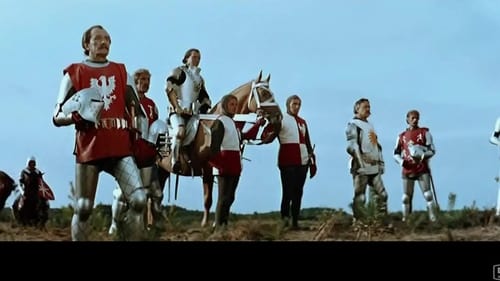
Novel
A tale of a young impoverished nobleman, who with his uncle returns from a war against the order of the Teutonic Knights in Lithuania. He falls in love with a beautiful woman and pledges an oath to bring her "three trophies" from the Teutonic Knights.

Writer
The dark drama of a peasant family from the second half of the 19th century: Seduced by a municipal clerk (in exchange for a promise to release her husband from military service), the woman dies at the hands of her jealous husband.
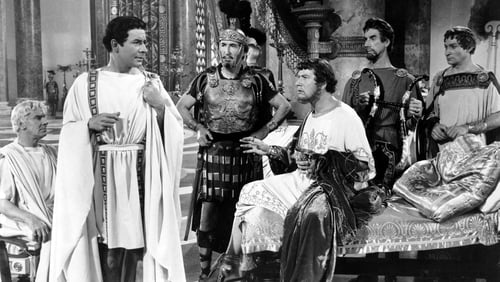
Novel
After fierce Roman commander Marcus Vinicius becomes infatuated with beautiful Christian hostage Lygia, he begins to question the tyrannical leadership of the despotic emperor Nero.

Short Story
A talented violin-playing country boy struggles to get acceptance for his love for music.

Novel
"The Roman Banquet, the golden glories, the unrivaled luxuries, the wine, the dance, the song, the beautiful women, the sumptuous splendors that taxed a barbaric world for a night of feasting and revel-- Re-created for your entertainment in the most colossal drama produced", reads an ad in the Daily Argus of New York. Unione Cinematografica Italiana's lavish production of the oft-told tale stars Emil Jannings as Nero.
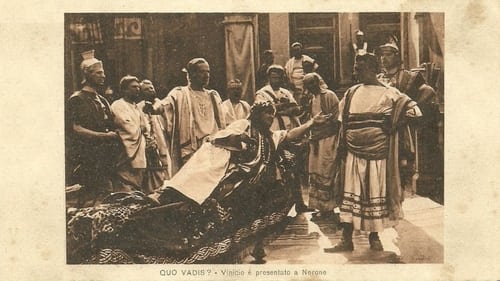
Novel
During the latter years of the reign of the tyrannical Roman emperor Nero, Marcus Vinicius, one of Nero's officers, falls in love with a young Christian hostage named Lygia. "Quo Vadis?" is a landmark in epic film-- Certainly Enrico Guazzoni’s grand-scale masterpiece laid the foundations for what colossal Italian spectacles would become. The film had tremendous influence on Giovanni Pastrone’s Cabiria (1914) and D.W. Griffith’s Intolerance (1916).












